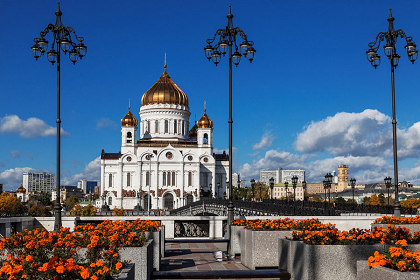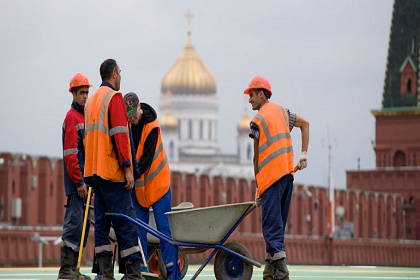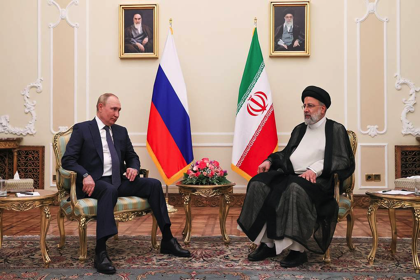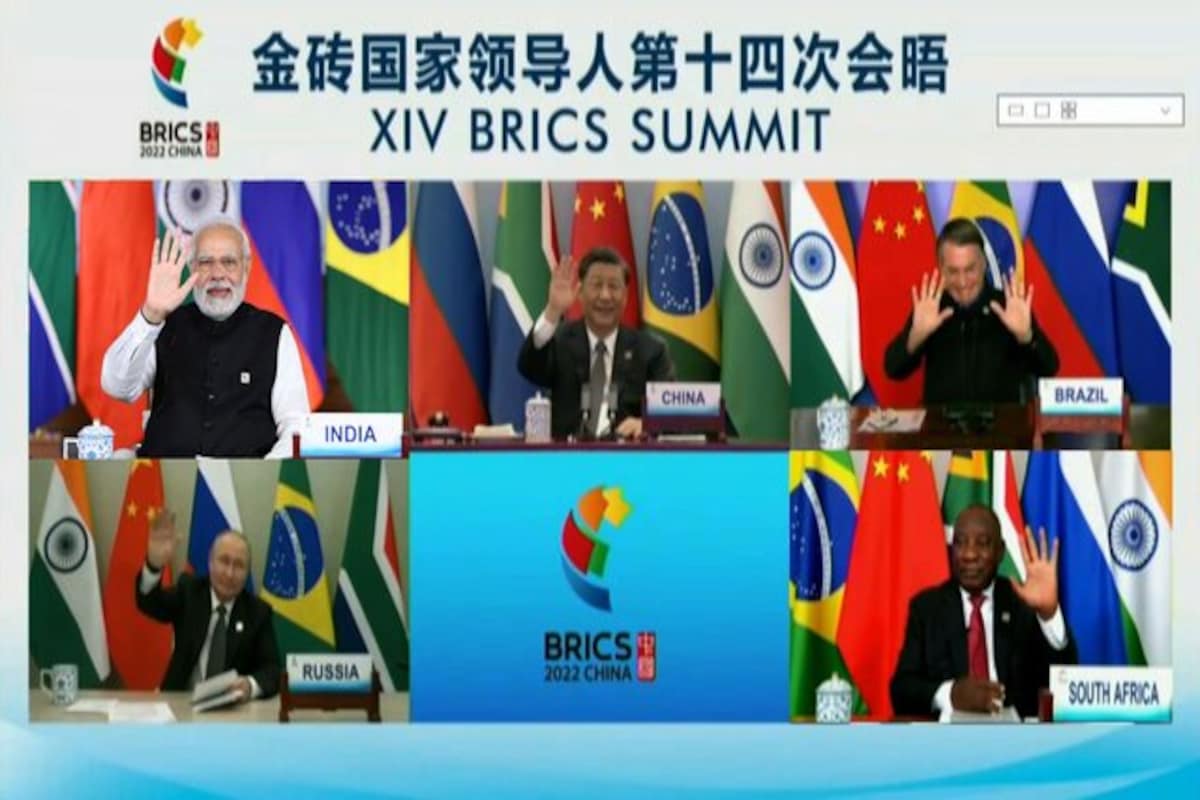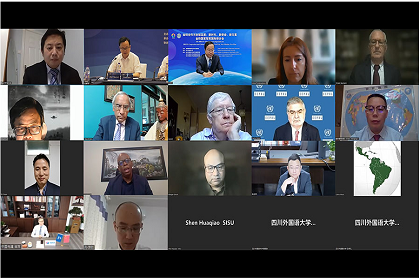Africa seeks peace dividend
Last week, an African peace delegation travelled to Kyiv and Moscow, presenting them with a 10-point plan for peace. While the plan received mixed reactions, the African initiative was a courageous step towards peace. The effort coincides with India proposing the AU join the G20, and South Africa’s entry into the troika of G20 presidencies next year.

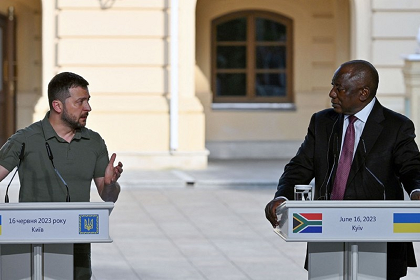
![EuropeProtests-01[85] copy](https://www.gatewayhouse.in/wp-content/uploads/2022/11/EuropeProtests-0185-copy.png)
![Members of a pro-Russian association support a decision of the Kharkiv city council to make the Russian language official in the city. From left to right, their placards say: "[City] Councillors! Ensure language equality. Don't forsake your fellow Slavs!" "For half of the population of Ukraine - Russian is a native language!" "Authorities - bring back the Russian [language] schools!" "Russian language [is] not foreign! And we [are] not foreigners!"](https://www.gatewayhouse.in/wp-content/uploads/2022/11/Russian-protests.png)
